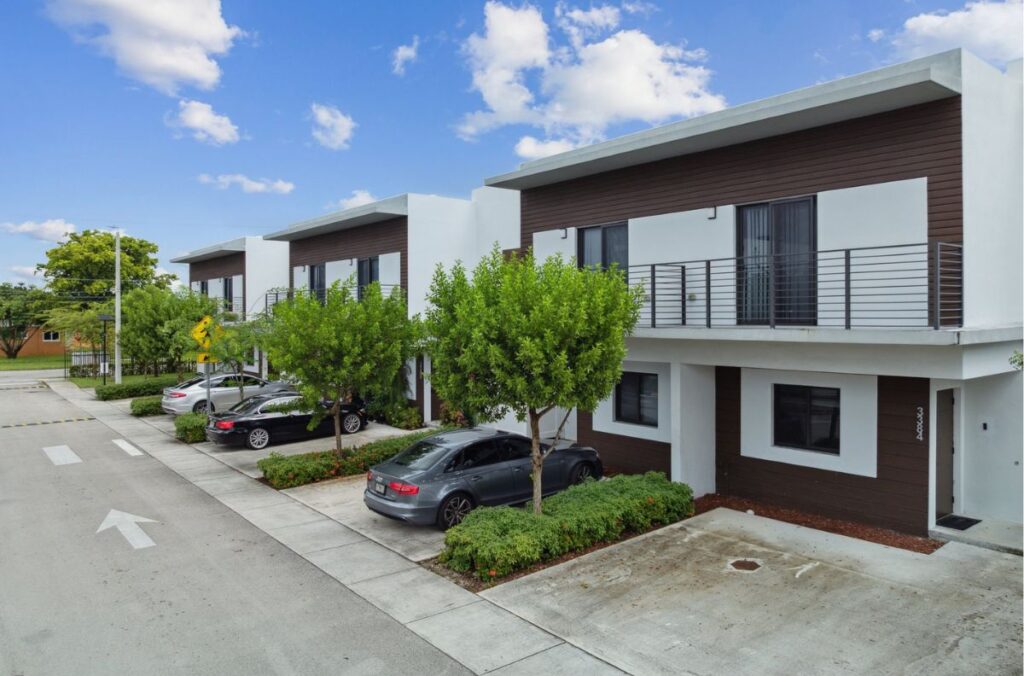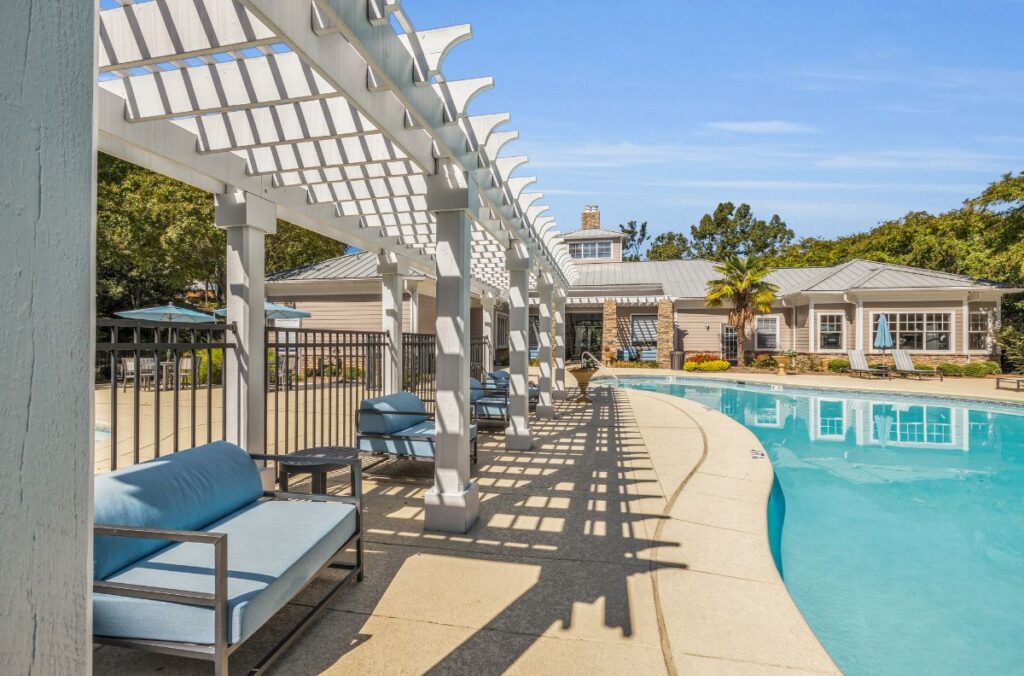Securitized 1031 Exchange Programs Expected to Raise $3 Billion in 2019
August 2, 2019
Mountain Dell Consulting, a market research and analytics firm focused on the securitized 1031 exchange marketplace, has released its second quarter 2019 report which revealed that securitized 1031 programs raised nearly $1.4 billion in investor equity during the first half of 2019 and are now on pace to raise $2.76 billion by year-end.
While the report estimates $2.76 billion, during a presentation at ADISA’s 2019 AI Research & Due Diligence Forum held last month, Mountain Dell’s Brandon Balkman said that he expects the 1031 industry to raise approximately $3 billion this year, based on liquidity events and organic growth.
For comparison, in 2018, 38 sponsors raised nearly $2.5 billion in equity, the highest annual fundraising performance in 11 years and a 27.8 percent increase compared to 2017. The industry’s peak occurred in 2006 during the 1031/tenant-in-common era when 71 sponsors raised approximately $3.7 billion.
Section 1031 of the Internal Revenue Code allows investors to defer paying capital gains taxes on investment property sales by reinvesting the proceeds into a similar investment property within a specified time frame.
Securitized 1031 exchange programs are structured as securities and sold through the broker-dealer community, with the vast majority (95 percent) structured as Delaware statutory trust offerings.
Louis Rogers, founder and CEO of Capital Square 1031, explains that baby boomers are driving the 1031 exchange industry as they transition into retirement.
“A large number of aging baby boomers own highly appreciated investment property and want to exchange into a passive investment on a tax deferred basis under Section 1031. This demographic trend supports the continued expansion of DST sales,” said Rogers. “At the current rate of growth, in the not-too-distant future, the DST industry should surpass the 2006 height of the former TIC era.”
During the second quarter of 2019, there were 34 active sponsors, 59 available offerings, and 41 fully subscribed programs (plus three pending). Multifamily real estate remains the most popular asset class (52.8 percent), followed by office (19.9 percent) and retail (14.5 percent).
“Product demand remains healthy and we have seen growing interest from larger broker-dealers and RIA’s, which continues to propel the industry further from niche and closer to mainstream,” said Keith Lampi, director and chief operating officer of Inland Private Capital Corporation. “Strong product performance in the way of full-cycle activity has also fueled capital raise velocity in 2019.”
Inland Private Capital Corporation remains the leading 1031 sponsor with a whopping 29 percent of the market share, followed by ExchangeRight Real Estate with 9 percent. Third and fourth place went to Passco Companies with 8 percent and Black Creek Group with 7 percent of market share. NexPoint Real Estate Advisors (Highland) and Capital Square tied for the fifth spot with 6 percent of the market each.
“Inland alone monetized just shy of $500 million in assets during the first half of 2019, which provided liquidity to investors that desired it, and an opportunity to further diversify by sector and geography to investors that chose to complete a subsequent 1031 exchange,” added Lampi, who is also ADISA’s immediate past president and a current board member.
Rogers noted that the success of the top-flight sponsors has been boosted by their ability to take DST properties full-cycle with many profitable sales that meet or exceed pro forma.
“The profitable sale of DST properties leads to reinvestment by most selling exchangers in new DST programs to continue the tax deferral,” explained Rogers. “This DST property sale/reinvestment scenario supercharges the sale of DST interests in future programs, to the benefit of investors, financial advisors and sponsors.”
Rogers also noted that technology plays a huge role in helping to solve many of the challenges associated with subscribing for DSTs sold in private placements under Regulation D.
“The industry has accepted electronic signatures, and over time, DocuSign systems make it easier for investors to subscribe,” he said. “And now, WealthForge Securities LLC, an independent broker-dealer, has launched an innovative technology called ALTIGO – Alternative Investments in Good Order – to replace the cumbersome, paper-laden Regulation D subscription process.”
He added, “By using technology, the subscription process is streamlined to make it easier for investors and their advisors to properly complete the necessary paperwork, eliminating the so-called NIGOs (paperwork that is not in good order). Over time, this will encourage more exchangers to invest in DSTs.”
To view the full article, click here.


